‘Watching it disappear’: UN nears putting Great Barrier Reef on doomed list
It’s an international list no country wants its landmarks on, but one Australian icon remains perilously close to being included.
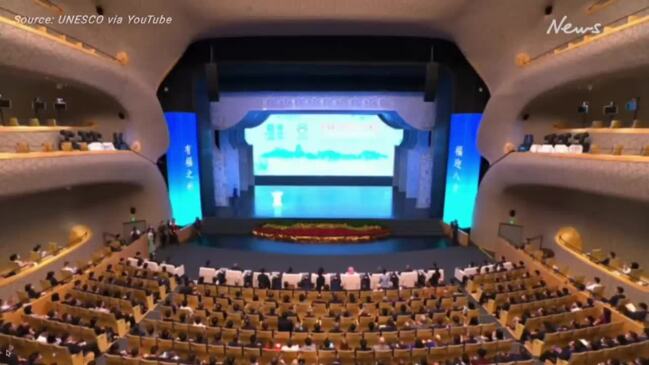
Tony Fontes, a Californian dive enthusiast, visited Queensland to dive the Great Barrier Reef in 1979 and never left.
Now a multi-decade tour operator based in Airlie Beach, Mr Fontes shares international fears that after six mass coral bleaching events between 1998 and 2022, his generation will be the last to make a living off facilitating tourism on the Reef.
He said there are still plenty of places to explore pristine coral over the massive Reef’s expanse – though such spots are declining at a rate of knots.
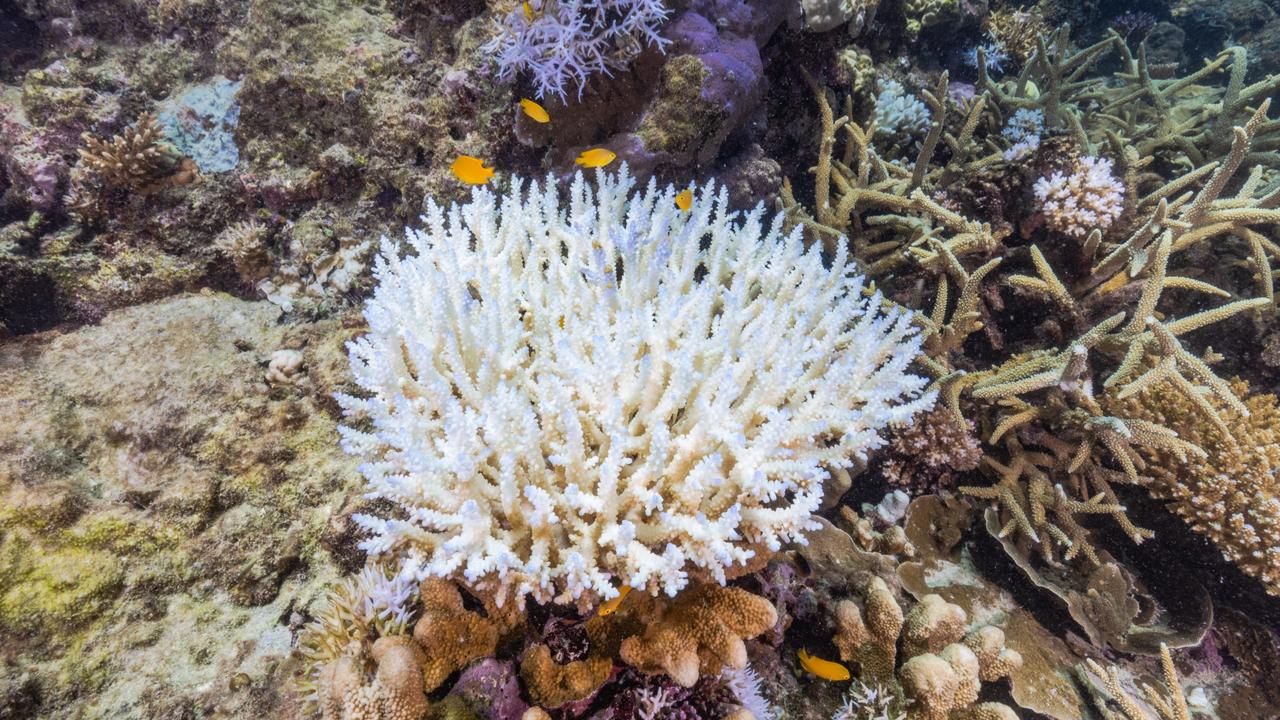
“The diving, the snorkelling, the quality of the coral you can find out there today is as good as it was 40 years ago; however, when you look at the reef as a whole, I can definitely say the health of the reef has declined significantly since I started diving it – you can definitely see that,” he lamented.
“It’s pretty hard to miss a major bleaching event.”
“There are a lot of reefs out there that have not been damaged in any way, shape or form, but with bleaching events, and intensive cyclones and flood events, there’ll be fewer reefs to visit.
Based in Airlie Beach, Mr Fontes said massive portion of his and other Queensland communities like his are hugely reliant on the Reef.
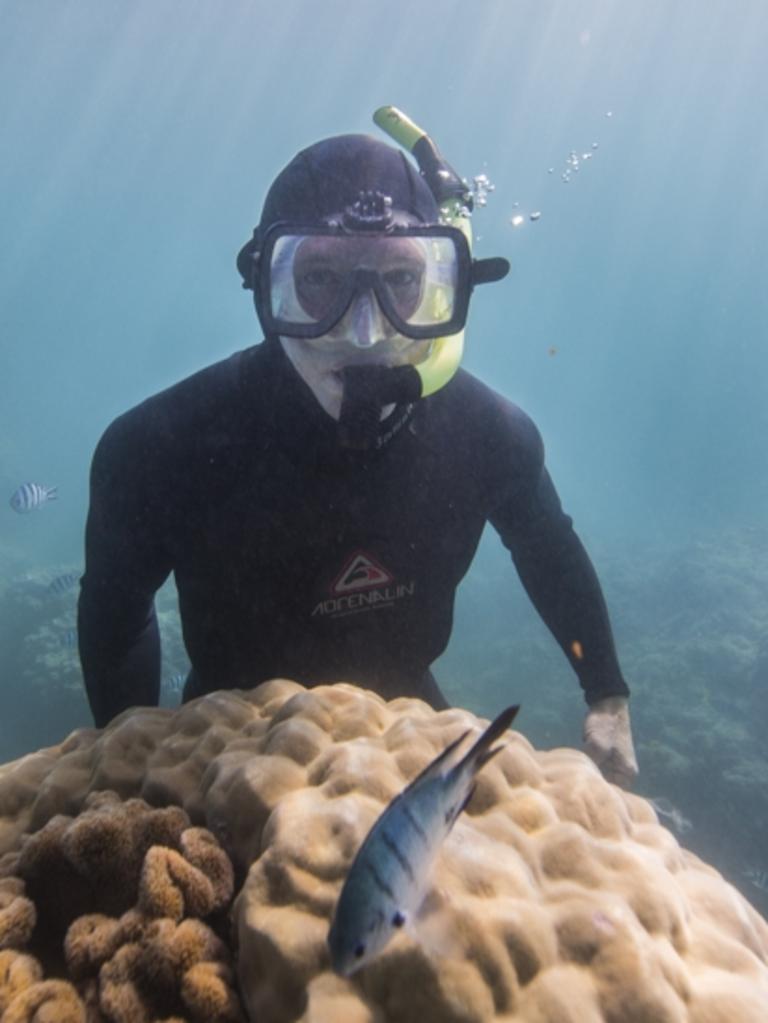
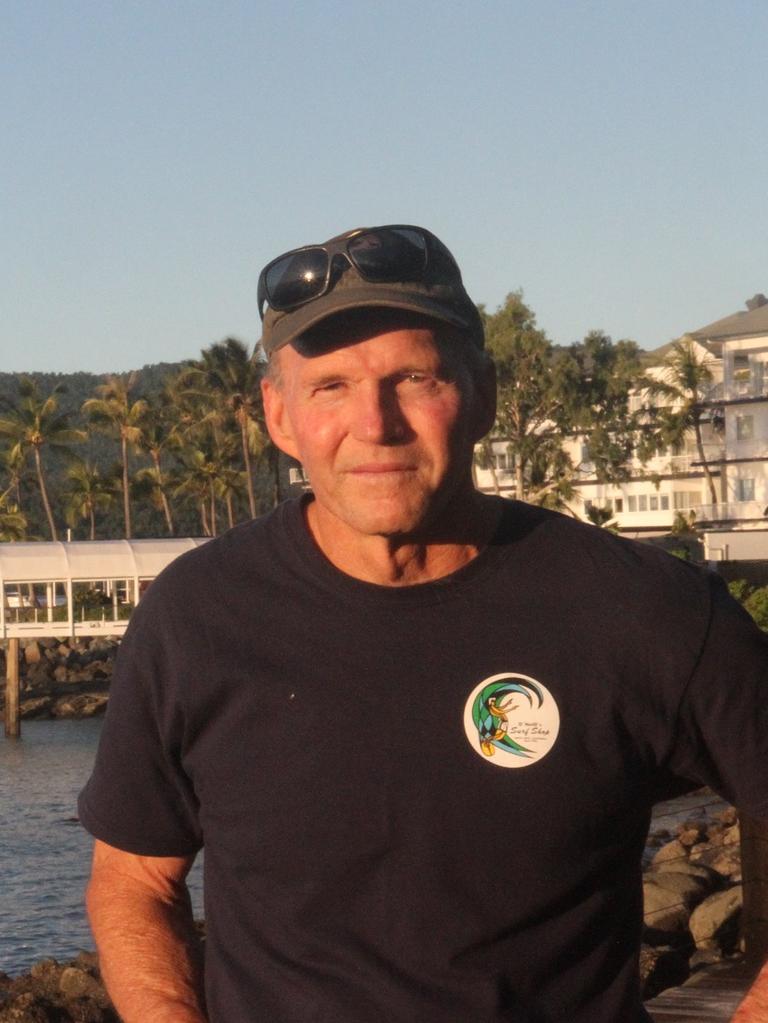
“Twenty-five to thirty per cent of people who live in Airlie Beach work in some way, shape or form on or about the Reef. It’s an economic Powerhouse,” he told news.com.au
Mr Fontes said that until 2012, Reef-based stakeholders could engage with UNESCO reef monitoring missions that governments disallowed in recent years.
“It gave us an opportunity to give (UNESCO) an on-the-ground feel about what’s happening with the reef and what we think should be done – but that was the last time the government allowed that to happen,” he said.
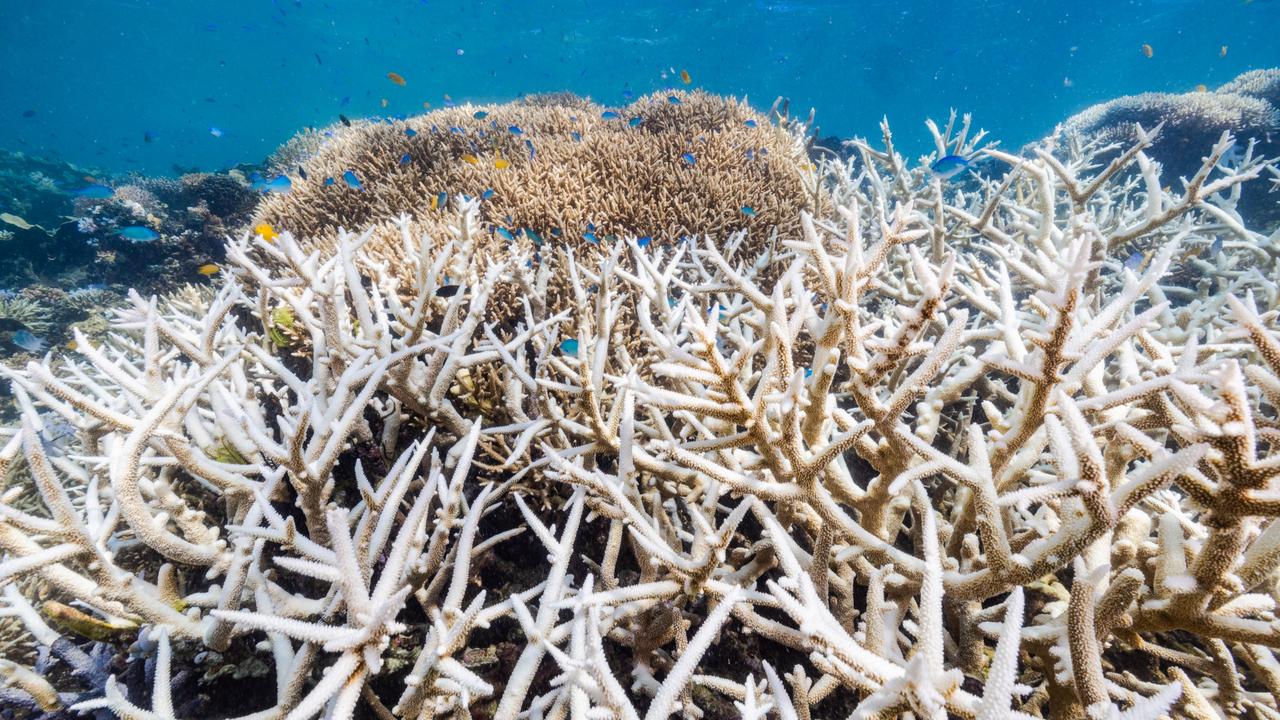
“That was when UNESCO said if Australia doesn’t pull their socks up here, then we might put the reef on the “danger list”.
Since then, successive Australian and Queensland governments have been accused of lobbying and kicking the can down the road to avoid the Reef being put on UNESCO’s World Heritage danger list.
The Great Barrier Reef overnight again narrowly avoided an “in danger” listing under the World Heritage Committee’s draft recommendation.
However, it emphasised the planet’s most extensive coral reef system remains under “serious threat” due to global heating and water pollution.
UNESCO’s report said the Australian government has taken positive steps to protect the Reef since a UN monitoring mission visited Queensland last year.
Nevertheless, UNESCO effectively warned Australia that it must provide a progress report in February before the Reef can be considered for inscription on the “in danger” list again in 2024.
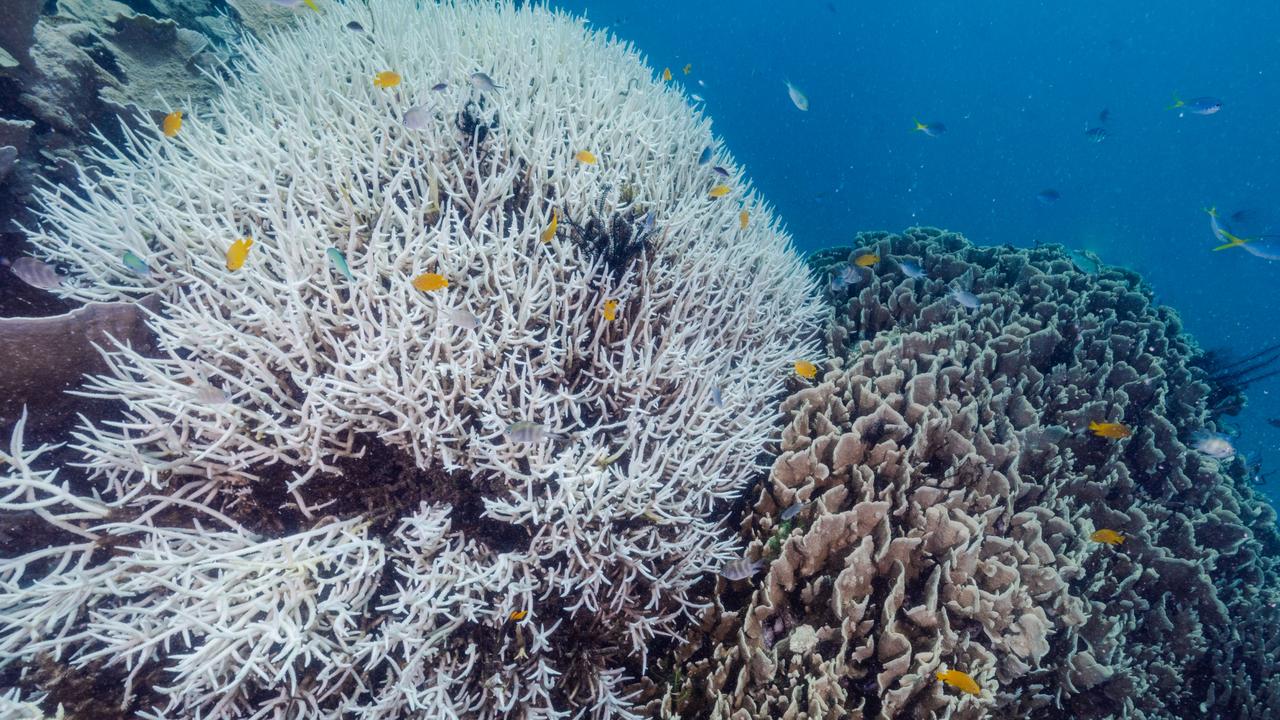
The report’s recommendations, including a set of “draft decisions,” will be discussed at the 21-country World Heritage Committee’s meeting in September.
According to last year’s UN mission report, the federal and state governments were urged to take several measures to protect the Reef, including accelerating improvements to water quality, a faster rollout of the state’s sustainable fishing strategy, and the removal of gillnets from the park.
The report also stated the government should have “clear commitments” to reduce greenhouse gas emissions “consistent with the efforts required to limit the global average temperature increase to 1.5C above pre-industrial levels”.
Since the UN mission in March, the Albanese government has legislated an improved target to cut greenhouse gas emissions by 43 per cent by 2030 and to reach net zero emissions by 2050.
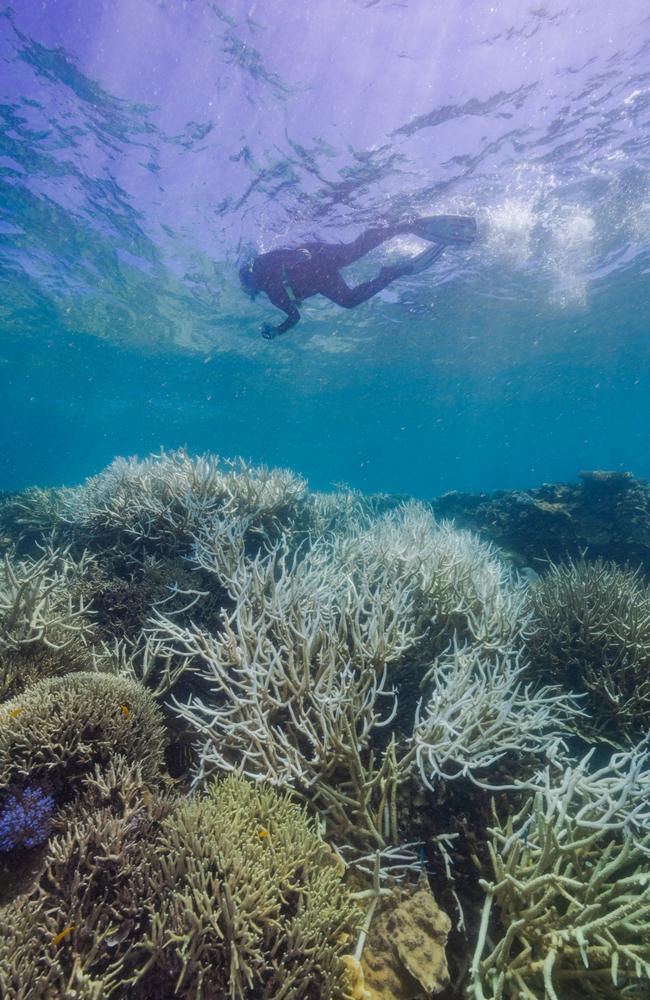
However, experts argue Australia’s latest 2030 target is inconsistent with the global goal of keeping global heating to 1.5C.
The UNESCO report, which includes input from the International Union for Conservation of Nature, was optimistic about Australia’s commitments to spend $1.2bn to reduce nutrients and fertilisers running into the Reef’s waters, but added a “drastic shift” was required to meet water quality targets for fine sediment and dissolved nitrogen.
On water quality, the report stated “progress remains slow.”
The federal environment minister, Tanya Plibersek, said, “UNESCO’s draft decision acknowledges that, under Labor, Australia is once again serious about protecting the Reef and acting on climate change.”
UNESCO recommends Australia provide a progress report next February on its efforts to reduce pollution and fishing threats.
Reef scientists are concerned the predicted El Niño climate system will increase the risk of the Reef experiencing another mass bleaching event this summer.
The UNESCO report outlined: “The sequence of bleaching events in 2016, 2017, 2019, and 2022, the latter of which occurred during a La Niña year for the first time, are of utmost concern.”
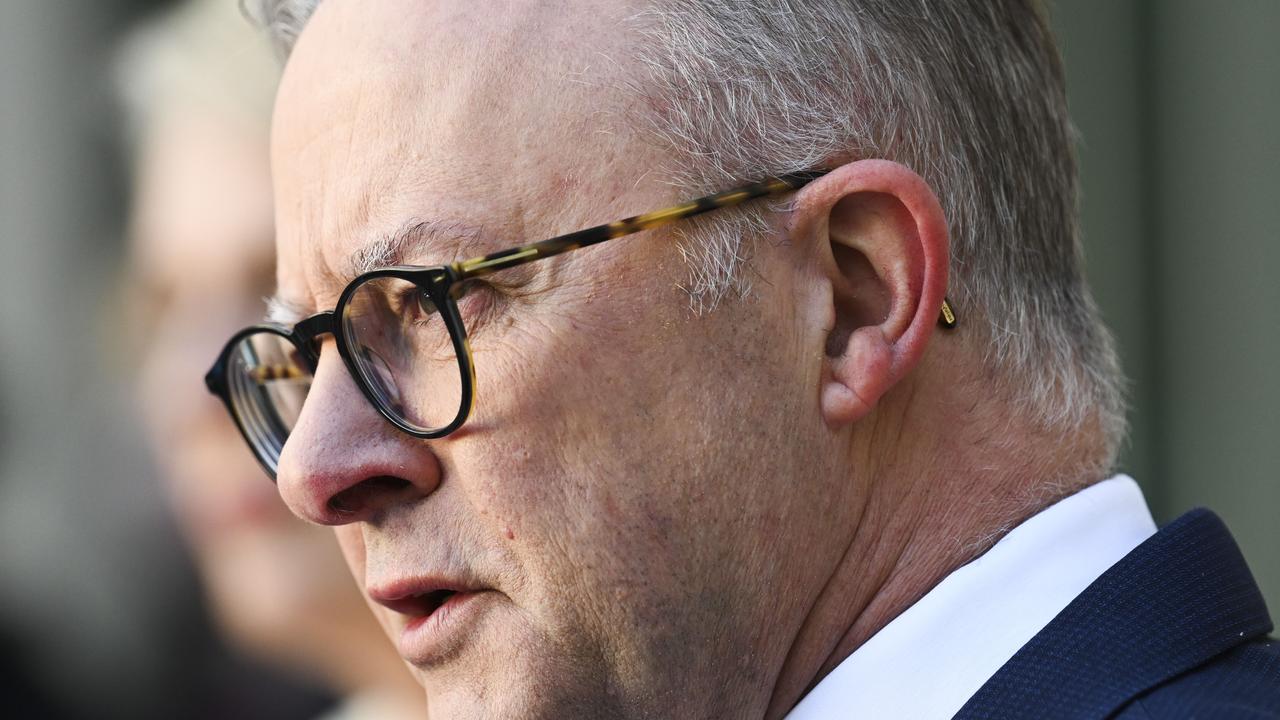
In 2021, the Morrison government lobbied committee members heavily after UNESCO recommended the Reef be placed on the “in danger” list due to the effects of climate change and farm pollution.
The committee rejected the scientific advice and agreed not to put the Reef on the danger list.
Mr Albanese today used the choice not to mark the Reef as “in danger” as a victory lap while taking a shot at the previous LNP government.
“As the draft decision makes clear, Australia’s environmental policies have fundamentally changed under the Labor Government and changed for the better,” he said.
“The policies of the former Coalition Government failed to protect the reef. My government is getting on with the job and we’re making up for lost time.
“Of course, this decision doesn’t mean the Reef is in the clear. It does confirm that Labor’s policies are making a real difference.
“We need to act on climate change. We need to protect our land, our water and our species that call them home. That is precisely what we are doing.”
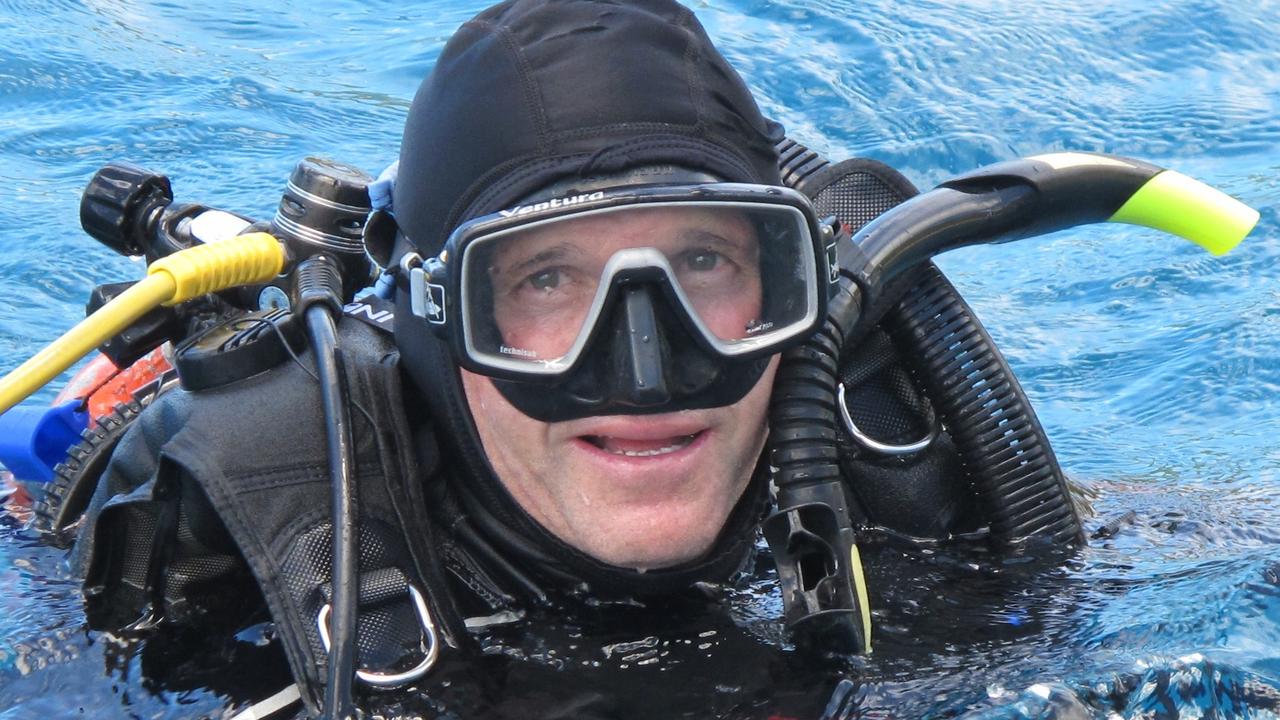
Dr Simon Bradshaw, Climate Council Director of Research, said tropical reefs worldwide “are in grave danger.”
The council argues Australia’s inadequate emission reduction targets prevent the country from fulfilling its commitment to limit global temperature increase to 1.5 degrees, which poses an ongoing threat to the survival of the Reef.
“We are now living with the consequences of our past inaction, of failing to move more quickly beyond coal, oil and gas, and of decades of ignoring the stark warnings about the perils of climate change to our Reef and to all ecosystems on which we depend for our livelihoods, security and wellbeing,” Dr Bradshaw said.
“Strong and determined action this decade will be the difference between giving our precious Great Barrier Reef and everything that depends on it a fighting chance and watching it disappear.
“Every tonne of carbon left in the ground and every fraction of a degree of avoided warming is an investment in the future of our Reef.”
As for Mr Fontes, he fears Australia is at extreme risk of tarnishing Australia’s “iconic value”.
“It’s incredibly important for Australians, even though some of us take it for granted,” he said.
“But you talk to an overseas person, and they associate the Reef and Australia more than they would any other icon over here.”






